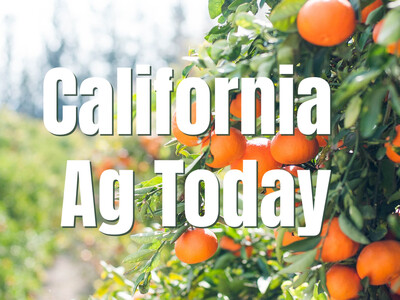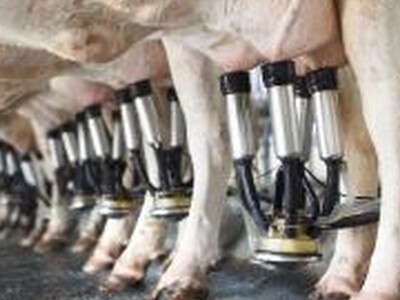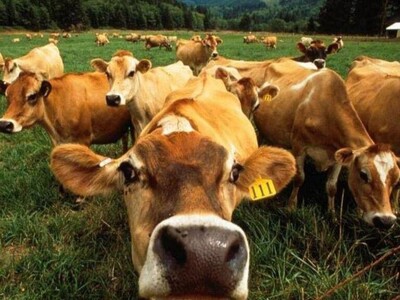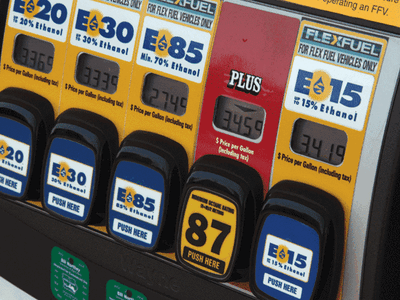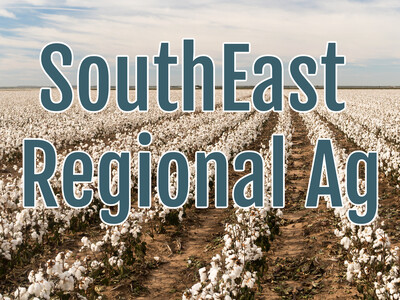OSU Wildflower & Monsanto Climate Apps plus Apple Exports
OSU Wildflower & Monsanto Climate Apps plus Apple Exports. I'm Greg Martin with today's Northwest Report.If my wife carried a cellphone, she'd have this app. Oregon State has released a new app for iOS and Android devices that let's you discover nearly 1,000 wildflowers, shrubs and vines from the region. For each plant, the app offers photographs, natural history, range maps and more. Plus it works without an Internet connection once downloaded. The app costs $7.99 with a portion of revenues supporting conservation and botanical exploration in the region.
Monsanto has introduced a free app for your IPhone, Ipad or computer called Climate Basic. Fran DeVille is a Technical Agronomist for Monsanto.
DEVILLE: The neat thing about this tool and I think it will be something great for farmers going forward is that they can get a field by field recording of what is happening as far as temperature, rainfall. Get a forecast about what the potential weather is going to be down the road and also look at things like where the wind is coming from, what the speed is and this is constantly updated for every registered field in the United States. So a grower, no matter how spread out he is, he is able to select each individual field he has and get all the pertinent information he'd like to have at his fingertips without having to run down the roads and check or make a lot of phone calls.
The Washington Apple Commission has been working to keep exports moving and Phil Karsting, Administrator of the USDA's Foreign Agricultural Service, talks about the success of USDA export programs for apples.
KARSTING: After the U.S. - Peru Free Trade agreement went into effect Washington Apple Commission came to us and we worked very diligently with them on a program to enhance consumer familiarity with Washington apples and their exports under that scenario were pretty impressive. Washington State shipped 4.83-million apples to the market in 2013 and that was a really interesting one because in 2013 the prices of apples went up so one would normally think that your volume would go down. But in this case because we had a very robust and coordinated promotion program in place despite increases in prices the volume went up 63% and value was up 60%.
That's today's Northwest Report. I'm Greg Martin on the Ag Information Network.






